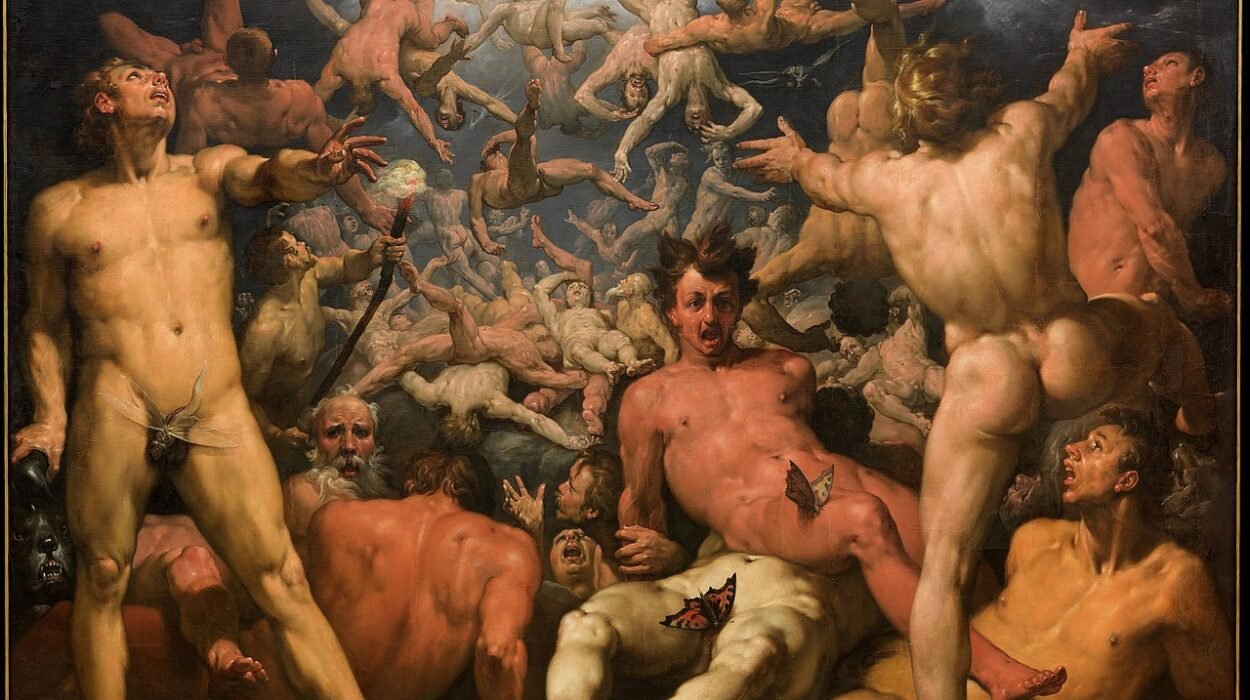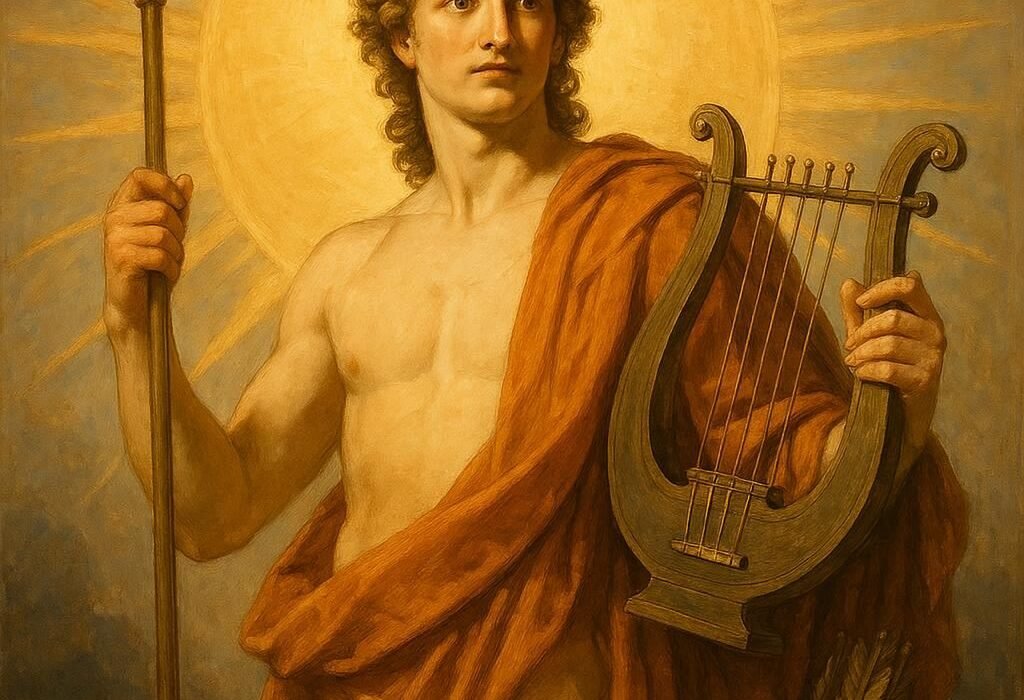Few stories from the ancient world have captured the human imagination as powerfully as the Trojan War. For over three thousand years, poets, historians, philosophers, and artists have told and retold this tale of gods and mortals, love and betrayal, courage and destruction. At its heart, the Trojan War is more than a clash between two cities; it is a symbol of humanity’s timeless struggles—between passion and duty, pride and fate, survival and ruin.
The Trojan War stands at the crossroads of history and myth. Whether it unfolded exactly as the poets sang is uncertain, yet its impact is undeniable. From Homer’s Iliad to modern films, from archaeological digs at ancient Troy to countless retellings across cultures, this war is not only a story of ancient Greece and Anatolia—it is a mirror of human ambition and tragedy.
To explain the Trojan War is to walk a fine line between legend and reality, between divine intervention and human choice. It is to uncover not just the battles fought on the plains of Troy, but the deeper meaning of why this story has endured for millennia.
The Spark of a Thousand Ships
Every great conflict begins with a spark, and in the case of the Trojan War, that spark was lit not by politics or land disputes but by love—or perhaps by desire. The story begins with the wedding of Peleus, a mortal king, and the sea goddess Thetis. The gods of Olympus attended the feast, but one goddess was left uninvited: Eris, the goddess of discord.
Angered, Eris arrived anyway, tossing into the banquet a golden apple inscribed with three words: “To the fairest.” Immediately, three goddesses claimed it—Hera, queen of the gods; Athena, goddess of wisdom; and Aphrodite, goddess of love. To settle the dispute, Zeus, king of the gods, appointed a mortal judge: Paris, prince of Troy.
Paris was faced with an impossible choice. Each goddess offered him a bribe: Hera promised power, Athena promised wisdom and victory in war, and Aphrodite promised the most beautiful woman in the world. Paris chose Aphrodite’s gift—and in doing so, sealed Troy’s fate.
That woman was Helen, already married to King Menelaus of Sparta. When Paris traveled to Greece and abducted (or seduced) Helen, he ignited a fury that could not be contained. Menelaus, humiliated, called upon his brother Agamemnon and the other kings of Greece to honor their oath of loyalty and help retrieve Helen. From every corner of Greece, heroes answered the call.
Thus, according to legend, the greatest expedition of the ancient world was launched. A thousand ships set sail across the Aegean Sea, carrying warriors whose names would echo through history: Achilles, Odysseus, Ajax, Diomedes, and many more. Their destination: Troy, a wealthy city on the western coast of Asia Minor. Their mission: to bring back Helen and punish the Trojans.
Troy: City of Wealth and Wonder
Before we delve into the war itself, it is worth imagining Troy as it might have stood. Archaeologists believe that the city of Troy—called Ilion by the Greeks—was located in modern-day Turkey, near the Dardanelles. Excavations by Heinrich Schliemann in the 19th century, and later by more careful archaeologists, uncovered layers of settlements, suggesting Troy was built and rebuilt many times.
The Troy of legend was no mere village. It was a wealthy, fortified city, positioned at a strategic point controlling trade routes between the Aegean and the Black Sea. Its walls, as described by Homer, were massive and gleaming, built by the gods themselves according to myth. Within those walls lived a people both admired and envied by their Greek counterparts.
The Trojans were ruled by King Priam, a wise and aged monarch. His sons included Hector, the city’s greatest warrior, and Paris, whose fateful judgment began the war. Troy was not just a city under siege; it was a symbol of wealth, pride, and resilience.
Gods at War: The Divine Dimension
Unlike modern wars, the Trojan War unfolded not only on the battlefield but also on Olympus. The gods themselves took sides, and their interference shaped the conflict as much as human decisions did.
Hera and Athena, enraged at Paris’s judgment, sided with the Greeks. Aphrodite, of course, protected Paris and the Trojans. Poseidon, god of the sea, aided the Greeks, while Apollo lent his strength to Troy. Even Zeus, though officially neutral, could not resist tipping the balance now and then.
To the ancients, this divine involvement was not a metaphor but a reality. Thunderbolts, plagues, sudden shifts of fortune—all were seen as the hands of gods. In the Iliad, gods walk the battlefield, shield warriors, and even wound one another in their cosmic quarrel.
This blending of mortal and immortal gave the Trojan War its larger-than-life quality. It was not merely a war for Helen but a cosmic drama, a stage where gods and men alike tested their strength and pride.
The Heroes Who Fought
No tale of the Trojan War is complete without its heroes. Each warrior carried not only weapons but also destinies shaped by courage, honor, and tragedy.
Achilles, the son of Thetis, was the greatest warrior of the Greeks. His rage and skill in battle were unmatched, yet he was fated for a short life. His name has become synonymous with both glory and vulnerability, thanks to the legend of his “heel”—the one spot left unprotected when his mother dipped him in the River Styx.
Hector, prince of Troy, was the city’s champion. Unlike Achilles, Hector fought not for glory but for family and homeland. He was both warrior and gentle father, making his eventual fate all the more heartbreaking.
Odysseus, king of Ithaca, was not the strongest warrior but the most cunning. His wit and clever strategies would shape the course of the war, culminating in the idea of the Trojan Horse.
Other heroes—Ajax the Great, Diomedes, Menelaus, Agamemnon, and Aeneas—added to the richness of the saga. Each brought unique strengths and weaknesses, weaving a tapestry of bravery, arrogance, sacrifice, and loss.
The Trojan War was not just a clash of armies; it was a showcase of human character in its most extreme forms.
The Iliad: A Poem of Rage
The greatest source we have for the Trojan War is Homer’s Iliad, an epic poem composed around the 8th century BCE. Interestingly, the Iliad does not recount the entire war but focuses on a few weeks during its final year. Its central theme is not Helen, nor even Troy, but the anger of Achilles.
The poem begins with a quarrel between Achilles and Agamemnon. Insulted by his leader, Achilles withdraws from battle, and without him, the Greeks falter. The war becomes not just a physical struggle but a moral one, centered on pride, loyalty, and the meaning of honor.
When Hector kills Achilles’ closest companion, Patroclus, Achilles’ grief and rage drive him back into battle. The climax comes when Achilles and Hector face each other in single combat. Achilles slays Hector and desecrates his body, dragging it behind his chariot. Yet even in his fury, Achilles is eventually moved to compassion when King Priam begs for his son’s body.
The Iliad ends not with the fall of Troy but with Hector’s funeral. It is a story of rage, loss, and reconciliation, capturing the human essence of war rather than its conclusion.
The Fall of Troy
While the Iliad leaves Troy still standing, later traditions fill in the ending. After ten years of war, the Greeks, exhausted and desperate, turned to cunning rather than force. Odysseus conceived a daring plan: a giant wooden horse, hollow inside, left as a supposed offering to the gods.
The Greeks pretended to sail away, leaving the horse at the gates of Troy. The Trojans, divided in opinion, eventually dragged it into the city as a trophy. That night, under cover of darkness, Greek warriors hidden inside emerged, opened the gates, and let in their comrades who had returned.
The city burned. Priam was slain, Hector’s infant son hurled from the walls, and the women of Troy carried into slavery. Helen was reclaimed by Menelaus, though whether she went willingly or in despair depends on the telling.
The fall of Troy marked not just the end of a city but the end of an age. For the Greeks, it became both a tale of triumph and a warning of hubris. For the Trojans, it was a tragedy of unimaginable loss.
History or Myth?
Was there truly a Trojan War? This question has fascinated historians and archaeologists for centuries. Evidence suggests that a city resembling Troy did exist and that it may have been destroyed around 1200 BCE, during a period of widespread upheaval in the eastern Mediterranean.
Some scholars believe the war was a real conflict, perhaps fought over trade routes or political rivalry, later mythologized into a grand epic. Others argue that the war, as told, is largely mythical but may contain kernels of truth.
The truth likely lies between myth and reality. The Trojan War, as sung by Homer, is not a literal record but a poetic memory of a world long gone. Yet the ruins of Troy, with their burnt layers and collapsed walls, remind us that myth often has roots in history.
Legacy and Influence
The Trojan War did not end with Troy’s fall. Its echoes have resonated through centuries of literature, art, and thought. The Romans traced their origins to Aeneas, a Trojan prince who escaped the city, a story immortalized in Virgil’s Aeneid. Medieval knights saw themselves in the heroes of Troy, while Renaissance artists painted its scenes with grandeur.
Even today, the Trojan War continues to inspire. Its themes of love, pride, war, and fate remain universal. From novels to operas, from films to academic debates, the story refuses to die. It has become more than a myth—it is a cultural foundation stone.
The Human Truth Behind the Legend
At its heart, the Trojan War is not only about gods and heroes but about humanity. It speaks to our deepest emotions: the longing for love, the pull of loyalty, the thirst for glory, and the devastation of loss. It shows us the cost of pride, the fragility of peace, and the endurance of memory.
Whether or not it happened exactly as told, the Trojan War lives because it tells us truths about ourselves. We see in Achilles’ rage, Hector’s courage, Helen’s beauty, and Odysseus’ cunning the reflections of our own struggles.
The war may have ended thousands of years ago, but in stories, in art, and in our imagination, it never truly ends. It is a war both legendary and eternal, reminding us that while cities may fall, stories endure.






